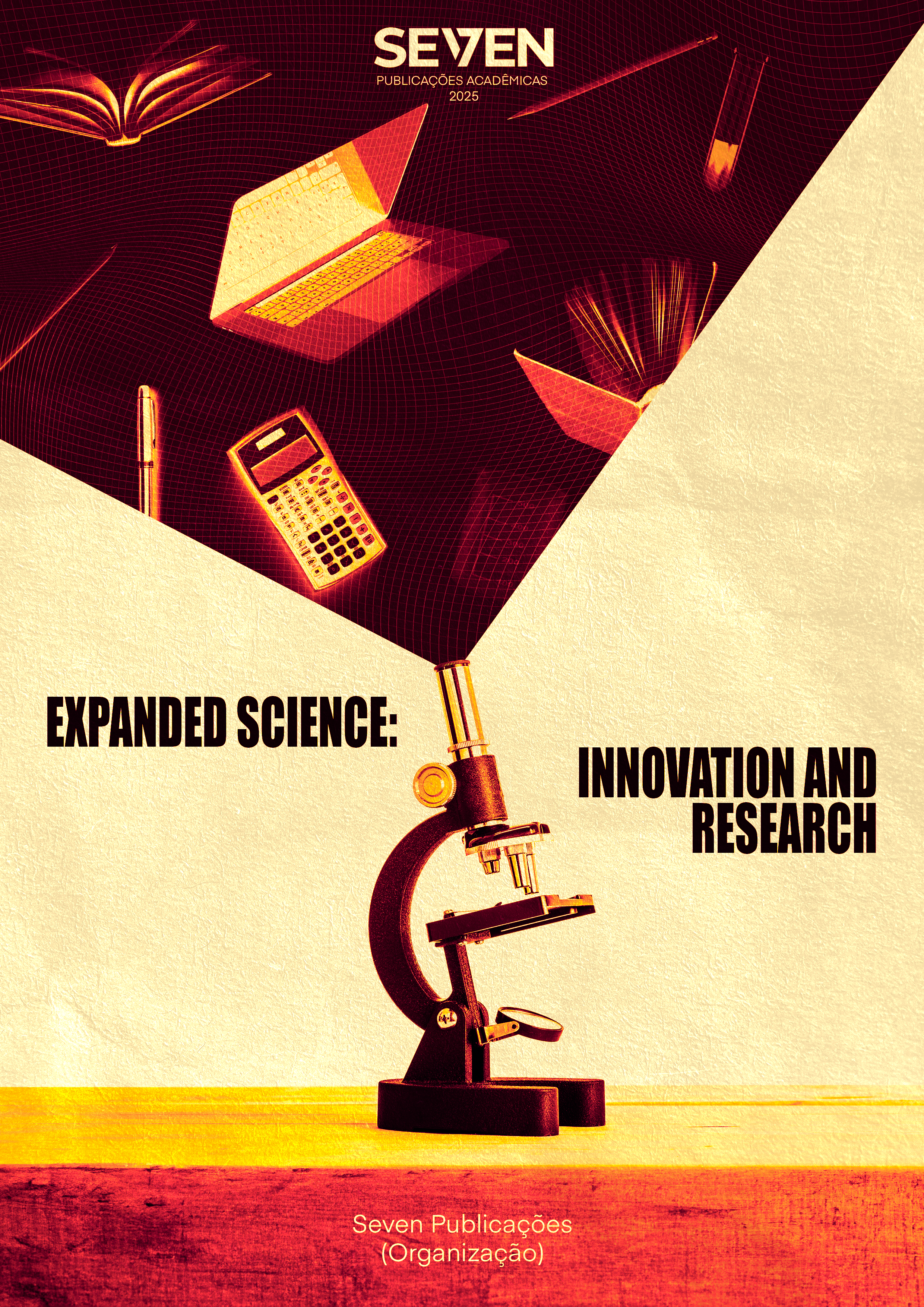DIAGNOSTIC REDUCTIONISM AND THE SCIENTIFIC QUALIFICATION OF EXPERT TESTIMONY IN FAMILY LAW
Keywords:
Parental Alienation, Professional Competence, Diagnostic Errors, Child's Best InterestsAbstract
The objective of this article is to discuss the relevance of expert qualification in custody disputes, particularly in cases of alleged parental alienation, in a study with an analytical and critical approach, of a qualitative nature, using extensive bibliographic and documentary research. It examines tragic U.S. cases such as Kayden Mancuso and Aramazd “Piqui” Estevez, where forensic failures and judicial decisions disregarded abuse risks, prompting legal reforms that require specialized training, scientific methodologies, and greater accountability. The paper warns against diagnostic reductionism in assessing child rejection, a multifactorial phenomenon often oversimplified as parental manipulation, leading to false positives. Brazilian law and recent Canadian reforms demand objective proof of conduct, preventing the misuse of parental alienation claims as procedural violence. The study highlights the recurrence of rushed or inconclusive reports, frequently accepted uncritically by courts. It argues that an expert’s “proven competence” must include practical experience and continuous training. The conclusion advocates for forensic expertise that is scientifically robust, methodologically transparent, and ethically sound to safeguard the child’s best interests.
Downloads
Published
Issue
Section
License
Copyright (c) 2025 Beatrice Merten Rocha

This work is licensed under a Creative Commons Attribution-NonCommercial 4.0 International License.





